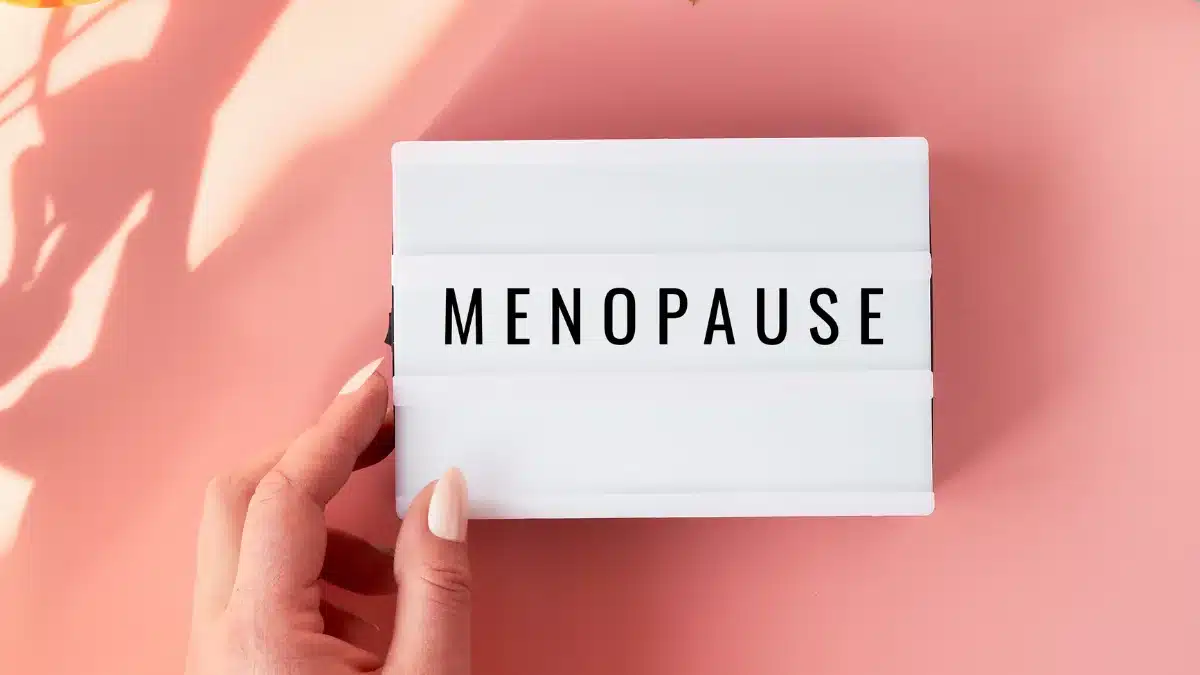HRT for Menopause: Is it right for you?
Hormone Replacement Therapy (HRT) or Hormone Therapy (HT) is a medication that contains female hormones, Estrogen and Progesterone.
It is often used to treat common Menopausal symptoms, including hot flashes and vaginal discomfort.
It has also been proven to prevent bone loss and reduce fractures in Postmenopausal women.
However, there are risks associated with using hormone therapy.
These risks depend on the type of hormone therapy, the dose, how long the medication is taken, and your health risks.
Continue reading the article to know if HRT for Menopause is the right option for you.
Basic types of hormone therapy
Generally, doctors prescribe HRT to replace the Estrogen that your body stops making during Menopause.
There are two types of Estrogen therapy,
Systemic hormone therapy

Systemic Estrogen therapy comes in pill, skin patch, ring, gel, cream, or spray form.
It typically contains a higher dose of Estrogen that is absorbed throughout the body.
The therapy can treat any of the common symptoms of Menopause.
Low-dose vaginal products
Low-dose vaginal products that contain Estrogen come in cream, tablet, or ring form.
These products minimize the amount of Estrogen absorbed by the body.
As a result, low-dose vaginal products are only used to treat the vaginal and urinary symptoms of Menopause.
Your doctor will likely give Estrogen alongside Progesterone or Progestin (Progesterone-like medicine) if you haven’t had your uterus removed.
This is because the lack of Progesterone makes Estrogen overactive, leading to increased uterine lining growth and the possibility of Endometrial cancer.
If you have had your uterus removed (Hysterectomy), you may not need to take Progestin.
Risks of hormone therapy
Some clinical tests showed that HRT with an Estrogen-Progestin pill (Prempro) raised the risk of some severe conditions. Among these are,
- Stroke
- Blood clots
- Breast cancer
- Heart disease
Subsequent studies have suggested that these risks vary depending on,
Age
Hormone therapy at 60 or older, or more than ten years after Menopause, increases the risk of the above illnesses.
If HRT begins before 60 or within the first decade after Menopause, the benefits appear to exceed the risks.
Type of hormone therapy
The risks of hormone therapy vary depending on whether Estrogen is given alone or with Progestin.
It also depends on the dose and type of Estrogen.
Health history
Apart from your family and personal medical history, essential factors determine if HRT is appropriate for you.
These include the risk of cancer, liver disease, blood clots, stroke, heart disease, and Osteoporosis.
Who can benefit from hormone therapy
If you’re healthy and care for yourself, hormone treatment may be worth the risks.
You can derive the benefits if you,
Have moderate to severe hot flashes
Systemic Estrogen therapy continues to be the most effective treatment for menopausal hot flashes and night sweats.
Have other symptoms of Menopause
Estrogen can help ease vaginal symptoms of Menopause.
These include dryness, itching, burning, and discomfort with intercourse.
Need to prevent bone loss or fractures

Systemic Estrogen can help you prevent Osteoporosis.
Generally, doctors prescribe bisphosphonates for Osteoporosis.
But Estrogen therapy may help if you can’t tolerate it or aren’t benefiting from other treatments.
Experience early Menopause or have Estrogen deficiency
You can experience early Menopause if,
- Stopped having periods before age 45
- Lost normal function of your ovaries before age 40
- You had your ovaries surgically removed before age 45
- Your body has been exposed to less Estrogen than the bodies of women who experience typical Menopause
Additionally, if you have Estrogen deficiency, the therapy can help reduce the risk of specific health conditions, such as,
- Stroke
- Dementia
- Osteoporosis
- Heart disease
- Mood changes
Alternatives to hormone therapy
If you can’t take hormone therapy for Menopausal symptoms, consider managing hot flashes with healthy lifestyle approaches.
These include staying cool, limiting caffeine and alcohol, and practicing relaxation techniques.
Non-hormonal prescription medications can also help.
For vaginal concerns, try using a vaginal moisturizer or lubricant.
Ask your doctor about Ospemifene (Osphena) for relief from painful intercourse episodes.
Conclusion
Hormone Replacement Therapy (HRT) or Hormone Therapy (HT) is an effective option for managing Menopausal symptoms like hot flashes, vaginal discomfort, and bone loss.
However, HRT carries certain risks, depending on factors like age, health history, and type of therapy.
If you’re healthy and need relief from Menopausal symptoms, HRT may be worth considering.
But if HRT is unsuitable for you, alternative approaches include lifestyle changes and non-hormonal medications.
Always consult your doctor to determine if HRT for Menopause is the right choice.
Frequently Asked Questions
WowRx uses only high-quality sources while writing our articles. Please read our content information policy to know more about how we keep our content reliable and trustworthy.






